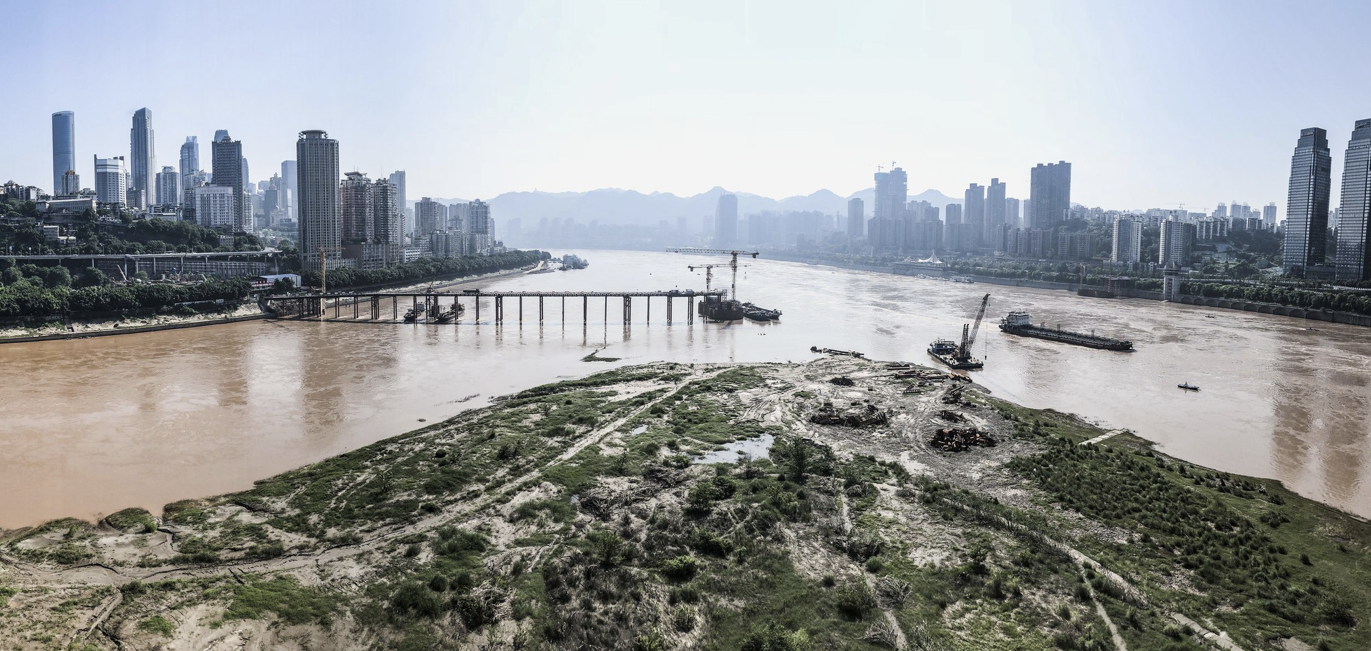The country’s ‘mother river’ has suffered a series of environmental problems and this year a 10-year fishing ban was instituted to conserve stocks
New legislation comes into force in March and is designed to strengthen sustainable development
China has passed a law to protect the Yangtze, which has been described as the country’s “mother river”.
The Yangtze River Protection Law will come into force on March 1 after being approved by the National People’s Congress Standing Committee, the country’s top legislative body, on Saturday.
It is the first law to protect a particular waterway in China.
The 6,300km (3,900-mile) Yangtze is the longest river in Asia and provides a vital lifeline for hundreds of millions of people.
Its valley covers an area of 1.8 million sq km, about a fifth of the national total, while the Yangtze River Economic Zone covers 11 provinces and cities, accounting for 40 per cent of the total population and GDP.
It provides a third of the country’s fresh water resources and three fifths of its hydroenergy reserves, but has suffered a series of environmental problems in recent years, including heavy pollution.
Help safeguard journalism
Credible news is more vital than ever. Your support helps us protect quality journalism.
It is the site of 40 per cent of the country’s wastewater discharges and has high levels of chemicals such as ammonia nitrate, sulphur dioxide and nitrogen oxide of up to twice the national average.
China imposed a 10-year fishing ban at the beginning of this year to conserve its dwindling fish stocks.
The ban, initially covering 332 stretches of the river, will be extended to the whole waterway and its major tributaries next year.
Figures from the agriculture ministry earlier this month show that around 231,000 fishermen had relinquished their rights along the Yangtze.
Vice-premier Han Zheng said earlier this week that more assistance should be given to these fishermen to help them find new jobs and places to live.
He also called for stronger efforts to prevent illegal fishing and urged the public to support the ban.
State news agency Xinhua said the new law was designed to strengthen environmental protections, use resources efficiently and ensure sustainable development.
There are nine chapters in the law, covering areas such as design and management, resource protection, anti-pollution measures, green development and legal responsibilities.
It will also require stricter supervision and establish a coordination mechanism to direct the protection work undertaken by different provinces.
The new legislation confirms the fishing ban and has clauses restricting sand excavation and chemical production along its length.




